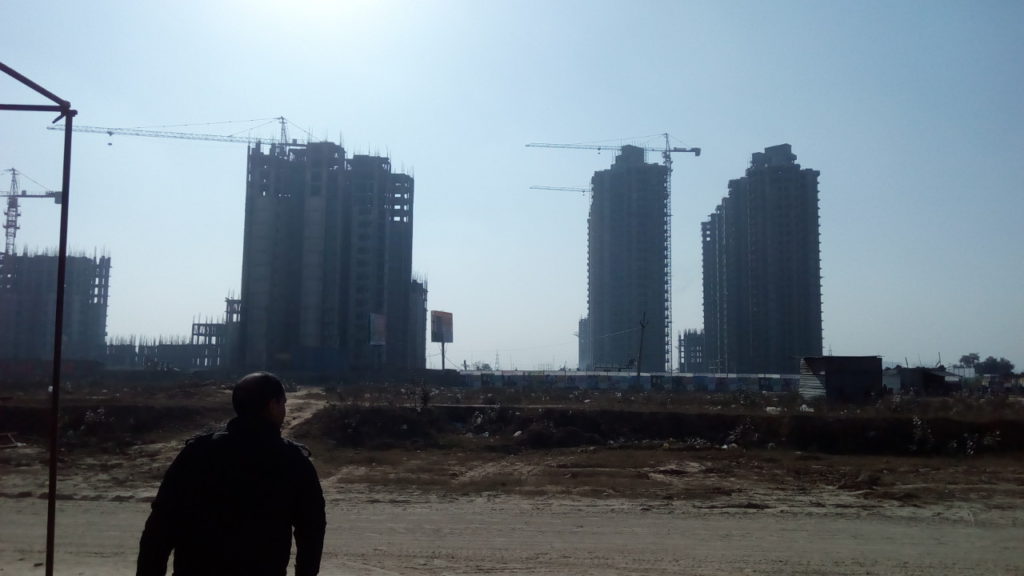The India Union Budget 2019 has brought some cheer to the real estate sector.
The following aspects of real estate and property investments have been modified or amended to bring in a change:
- Long-term capital gains
- Notional rent from unoccupied house – two residential properties can be considered as self-occupied by owners now
- TDS liability on rentals
- Extension of tax on profits from affordable housing
- Exemption for notional tax on unoccupied units held by developers
The long-term capital gains from sale of house can now be invested in two houses (from one earlier). The provision for rolling over residential property capital gains into two houses can only be availed once in a lifetime, and only if the capital gain does not exceed Rs 2 Crore.
The provision of increasing the number of properties for re-investing long-term capital gains from one house earlier to two houses now will augment the house purchase decision for people supporting families in another city/towns.
Self-occupied house limit raised to two, from one earlier. If you have two houses, you can now claim both of them to be self-occupied, and will not have to pay any notional rent even if the properties are left vacant. Earlier, only one house property could be claimed as under own occupation, and notional rent income had to be added in taxable income even if the property was not rented.
The TDS (tax deducted at source) limit for deduction of tax on house rent payments has been increased to Rs 2.4 lakh, from Rs 1.8 lakh per year. So, you will not be required to deduct TDS if your annual house rent is less than Rs 2.4 lakh.
“The interim budget for FY 2019 – 20 presented today by Minister of Railways & Minister of Coal, Piyush Goyal is very positive. We are pleased to see that the government has taken note of the issues faced by the real estate sector,” says Shishir Baijal, Chairman & Managing Director, Knight Frank India. “The reduced tax burden and capital gains decision will in some way translate to an improved affordability for house purchase, thus aiding demand for the sector.”
The government has taken into consideration the challenge of unsold inventory and has therefore increased the period of exemption for notional tax on unoccupied units from the prevalent 1 year to 2 years. This will give developers a big relief allowing them to concentrate on sales strategies.
To further boost the affordable housing, the government has extended the tax break benefits under Section 80 (IBA) till 31st March 2020. Developers can now launch more affordable housing projects with the ZERO tax liability benefit. The government’s commitment towards affordable housing continues and we expect to see more such projects coming into the market. The demand for housing is strongest in the affordable segment.
Section 80-IBA (Affordable Housing Scheme / House For All) had been effective from April 1, 2017. It applies developers whose gross total income includes profits and gains derived from the business of developing and building housing projects, a deduction of an amount equal to 100 per cent of the profits and gains derived from such business will be made.
Indian Finance Minister has also reiterated the government’s commitment to consider a revision on GST implications on the real estate sector by mentioning that a special committee is reviewing the same.
